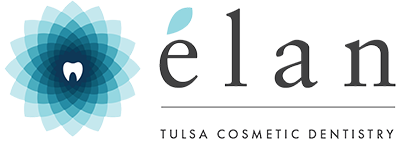Sleep Loss May Increase Your Risk of Gum Disease
People in the United States casually talk about daytime fatigue as though it is no big deal. Although many people suffer from it, daytime fatigue is anything but normal. If you feel sleepy even after a full night’s sleep, you might suffer from sleep apnea, a condition that disrupts your sleep at night and keeps you from resting deeply. Sleep loss builds up over time and can cause serious health complications such as diabetes, heart disease, and depression. Recent research has also found that sleep deprivation might take a toll on your oral health.
Sleep and the Prevention of Periodontal Disease
By the end of the experiment, the compound and infection group experienced receding gum lines while the control and fatigue group did not. The compound group’s gums receded significantly more than in the infection group. These results suggest that sleep deprivation might hasten the development of gum disease. Future studies will provide more evidence on the subject to help medical researchers determine the validity of these findings.
The Risk of Diabetes
Although researchers do not know definitively whether or not fatigue increases your risk for periodontitis, your restless nights might endanger your oral health in other ways. Studies have linked sleep loss with an increased risk of diabetes. The frequent blood sugar fluctuations characteristic of diabetes can compromise your gum health and increase your risk of gum disease.
Protect Your Oral Health
Gum disease is an irreversible condition that has been linked to other serious health risks. You can fight gum disease with preventative dental care and regular dental hygiene. Brushing and flossing your teeth at least twice a day will remove food particles that can hurt your gum health. Two professional dental cleanings a year will also help remove hardened plaque around your gum line.
Fight Fatigue
If you experience daytime fatigue even after a full night’s slumber, you might benefit from a sleep study to find out if you suffer from sleep apnea. Sleep apnea is a condition that causes you to stop breathing multiple times throughout the night. These breathing disturbances prevent you from getting adequate rest. As a result, you may experience chronic fatigue and decreased focus during the day.
Non-surgical sleep apnea treatment can help you get the rest you need. Oral sleep apnea appliances support soft tissue in your mouth and throat in order to open blocked airways caused by obstructive sleep apnea (OSA). If you suffer from central sleep apnea, which causes breathing disturbances without blockages, you might benefit from a continuous positive airway pressure (CPAP) machine. CPAP provides you with a steady flow of oxygen all night so that you can breathe easy.
A good night’s rest offers many physical and mental health benefits. If you suffer from sleep apnea and would like to learn more about non-surgical treatment options, please call (918) 528-3330 to meet with a Tulsa dentist today.

élan Tulsa Cosmetic Dentistry
10031 S Yale Ave #104
Tulsa, OK 74137

